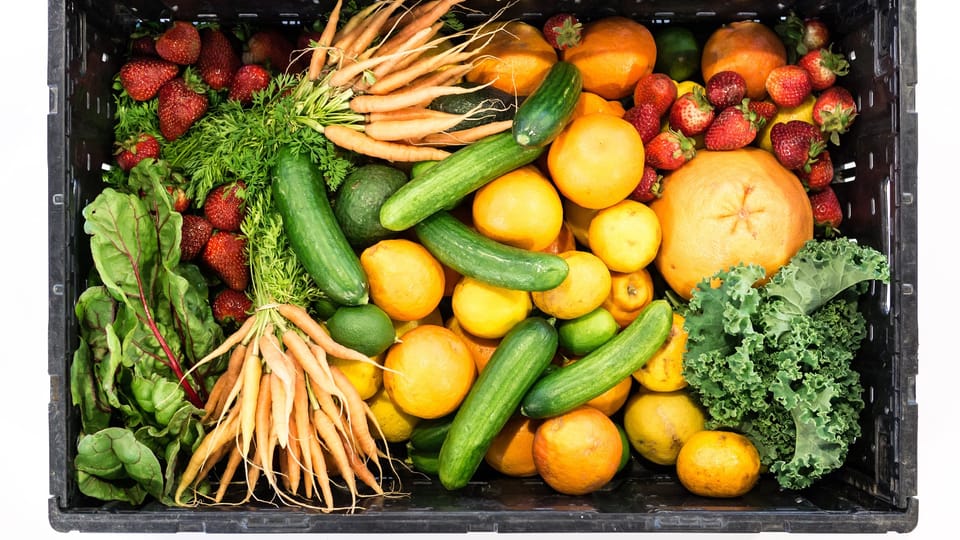
A new survey from Eurostat indicates that no fewer than 48 percent of Czechs do not eat a single serving of fruits or vegetables every day. What does this mean for individuals – and for the country’s health care system? I discussed the implications of these findings with nutrition expert Dr. Eliška Selinger.
“Of course the implications are on health of people, because the consumption of fruits and vegetables are very important for our bodies, they contain a lot of vitamins, minerals and fibre. We know very well that a low consumption of vegetables and fruits is tightly connected to a higher risk of developing cardio-vascular diseases, diabetes, or different kinds of cancer. There is quite a high risk amongst the Czech population for these diseases, and we are sure that this sort of behaviour costs us a lot of money and impacts the quality of life and health.”
What are the barriers that prevent Czechs from consuming these important food groups? Is it the cost of these items, or is this a lifestyle choice linked to traditional foods?
“It’s a combination as it always is with these complex topics. The traditional Czech diet does not include many vegetables, it’s meat with dumplings or rice. People just don’t learn how to cook vegetables properly or how to involve them in their diet. Often people need to re-educate themselves on how to involve these foods. As always in public health, we know very well that our environment shapes our choices. This is an issue with the diet here in Czechia because vegetables are expensive, and often veggie meals in restaurants and canteens are the most expensive meal on the menu, so you have to be able and willing to pay for it. Very often it’s not only the cost, but in some places there isn’t even a vegetarian option on the menu. We need to pay more attention to our environment.”
See the rest here.
Author: Amelia Mola-Schmidt

